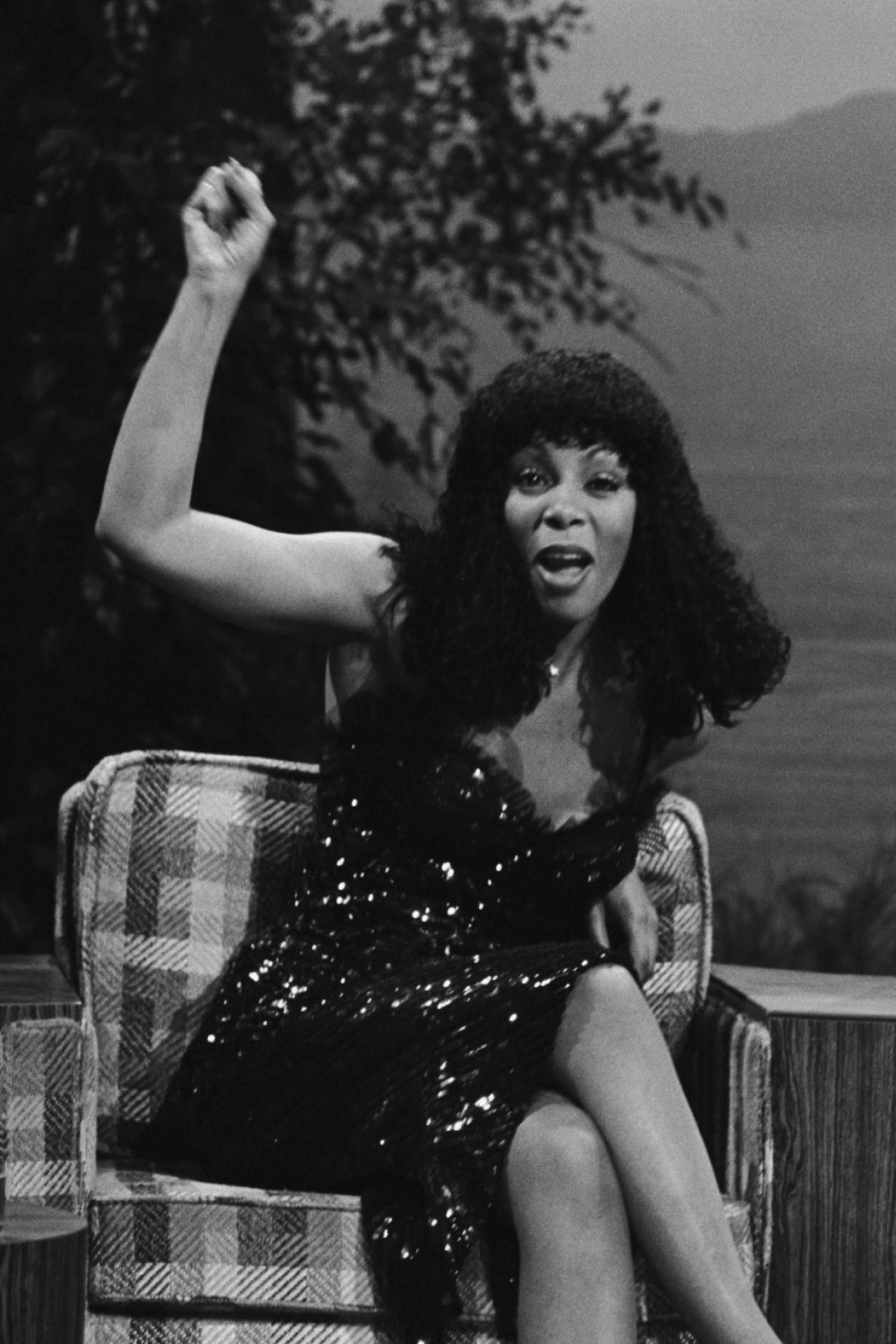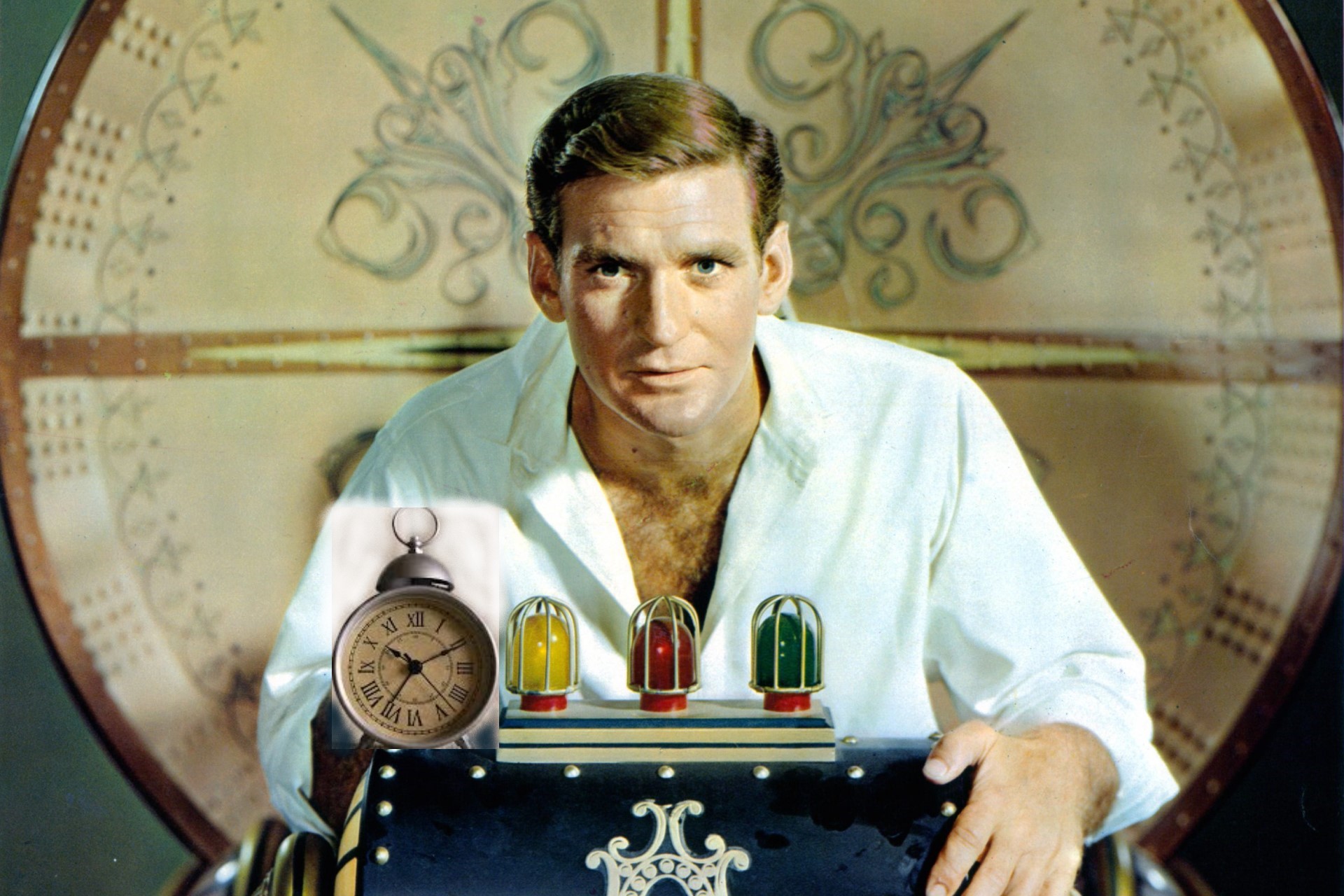Photos: the dark side of Donna Summer's life
As one of the best-selling music artists of all time (100 million records), most people know her from her disco hits like ‘Love to Love You Baby,’ ‘Hot Stuff’ and ‘Bad Girls,’ but as a fiercely private person, she tried to keep her personal life under wraps. Now, 40 years after her first hits, we can get closer to the late singer than ever before…
In 2023, HBO released the documentary ‘Love to Love You, Donna Summer,’ co-directed by her daughter Brooklyn Sudano and Oscar-winning director Roger Ross Williams (pictured). It shows never-before-seen footage and attempts to put together the pieces of who the Queen of Disco really was.
Growing up in Boston, she was also confronted with racism from an early age. Gangs of white youths not only insulted her but physically beat her up. A scar on her face left her feeling “ugly” and “inadequate.” A groundbreaking singer, she eventually became the first female black artist to ever have a video on MTV.
Her collaboration with Italian electronic music pioneer Giorgio Moroder changed music forever (according to singer Marc Almond) as well as her own life. She had done some work in Europe, but collaborating on ‘Love to Love You Baby’ in 1975 propelled her to fame. Summer said Giorgio was one of the first good men she met in the showbusiness industry.
A record exec was so in love with this song that he asked for Summer and Moroder to make it longer. The final cut was 16 minutes and became a disco smash. Summer said she was channeling Marilyn Monroe to add a sexy vibe to the song. According to BBC, which banned the track, it contained 23 ‘org@sms” and was too hot for the airwaves.
In 1975, Donna Summer told Time Magazine that the sultry performer was “just a character,” and that she was always a Christian. She added, however, that to write the lyrics to the track, she had to “let go long enough to show all the things I’ve been told since childhood to keep secret.” It was very conflicting for her. “I have so much more to offer,” she told Rolling Stone.
S e x and religion were recurring themes in her life. In the HBO documentary, it was revealed that she was abused by the pastor at her church. “He did the devil’s work better than most,” said Summer’s brother Ricky Gaines. “It became a defining moment in her life.”
Much of the footage from the documentary comes from Summer’s own point of view. She carried a movie camera around to make short, silly films with her family and friends. Summer even told Johnny Carson she had set up a studio in her home.
The year after she shot to fame, she also found herself in an abusive relationship with artist Peter Mühldorfer. She had separated from her previous husband, sent her daughter to live with her parents, and was beaten to unconsciousness by her new partner.
Amid global fame and admiration, she was privately struggling with severe depression. She almost jumped out of the window of a New York hotel room. Her foot got stuck in the curtain, and a housekeeper came in as she tried to get it free. “Another 10 seconds and I would have been gone,” Summer had said in an archival interview in the HBO doc.
Although she was always Christian, she joined a prayer group in 1979 when things were really tough for her. “The most dismal days of my existence were at the height of my career,” she said. She turned back to faith and the church and became born again that same year.
Summer’s commercial success peaked in 1979 with the release of ‘Bad Girls.’ In 1980, she married singer Bruce Sudano and had two more daughters — Brooklyn and Amanda. Although she dropped another hit album ‘She Works Hard for the Money,’ her focus was more on her family.
From the beginning of her career, Summer was beloved by the gay community and became an LGBTQ icon. However, at a 1983 concert, it was widely reported that she said, “God made Adam and Eve, not Adam and Steve,” causing outrage among many fans. It was also reported, but strongly refuted by Summer, that she said AIDS was God’s punishment.
Summer took legal action to clear her name and deny those comments. She also performed at an AIDS benefit concert, stating: "What people want to do with their own bodies is their personal preference." While many have forgiven her, the documentary reveals that it was devastating for her to have her name tarnished like that.
Photo: Male impersonators of Madonna, Cher and Donna Summer, 2010
On Sept. 11, 2001, Summer was in her apartment near Ground Zero when the attacks occurred. When she was diagnosed with lung cancer years later, she theorized it was because she breathed in toxic fumes and dust from the attacks.
Upon her death, tributes poured in from the music industry and beyond. Quincy Jones wrote that Summer’s voice was “the heartbeat and soundtrack of a generation.” Beyonce said, “She was so much more than the queen of disco she became known for, she was an honest and gifted singer with flawless vocal talent.” US President Barack Obama lamented that the “music industry has lost a legend far too soon.”
Follow Showbizz Daily to stay informed and enjoy more content!



























